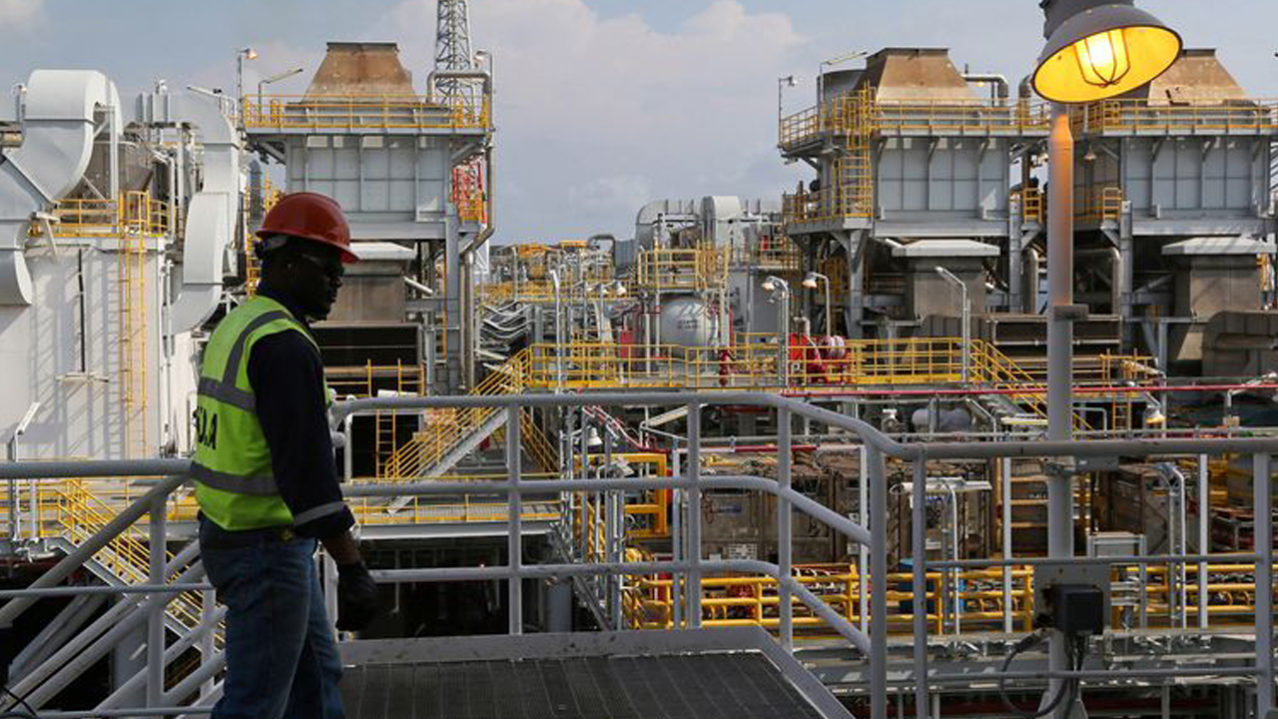How we increased oil production to 1.586m barrels – FG
The Nigerian Upstream Petroleum Regulatory Commission, (NUPRC) yesterday said Nigeria’s oil production currently averages 1.586 million barrels per day made up of 1.33mbpd liquid production and 256,000 condensate oil production. The Commission Chief Executive, Engr. Gbenga Komolafe disclosed this while presenting a country address at the Petroleum Technology Association of Nigeria (PETAN) Sub-Saharan Africa International […]

The Nigerian Upstream Petroleum Regulatory Commission, (NUPRC) yesterday said Nigeria’s oil production currently averages 1.586 million barrels per day made up of 1.33mbpd liquid production and 256,000 condensate oil production.
The Commission Chief Executive, Engr. Gbenga Komolafe disclosed this while presenting a country address at the Petroleum Technology Association of Nigeria (PETAN) Sub-Saharan Africa International Petroleum Exhibition and Conference in Lagos.
Highlighting measures taken to boost oil production, Komolafe listed the actions to include improved transparency in hydrocarbon measurement and accounting, collaborative work programme administration with the exploration & production companies, and close monitoring to ensure that they meet their work programme obligations.
Daily Trust reports that as of 2023, Nigeria’s OPEC Quota was 1.7mbpd before it was downgraded to 1.34mbpd.
How we increased oil production to 1.586m barrels – FG
Saudi Arabia partners FG on job creation, clean cooking
According to him, given the rapid changes in the global energy landscape, the agenda for Nigeria, and other resource rich developing economies, “is that the evolving energy dynamics must be calibrated to ensure energy justice, equity, inclusivity, and sustainability.”
“The new dynamics in the global energy arena necessitate that Nigeria, and other countries, long dependent on the exploitation of oil and gas as the mainstay of their economies, re-examine their strategy to secure a blossoming energy future while meeting the global climate goals”.
He noted that Nigeria is blessed with potentials for green and blue hydrogen, solar, wind, biomass and critical minerals for development of clean energy technologies as well as growing population predominated by young people. With a coastline along the Gulf of Guinea, a market size of more than 200 million people projected to reach between 390 million and 440 million people in 2050, Nigeria represents hope for Africa”.
